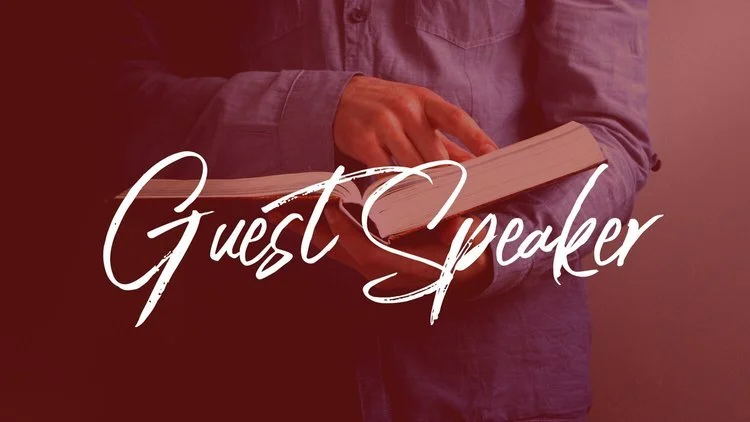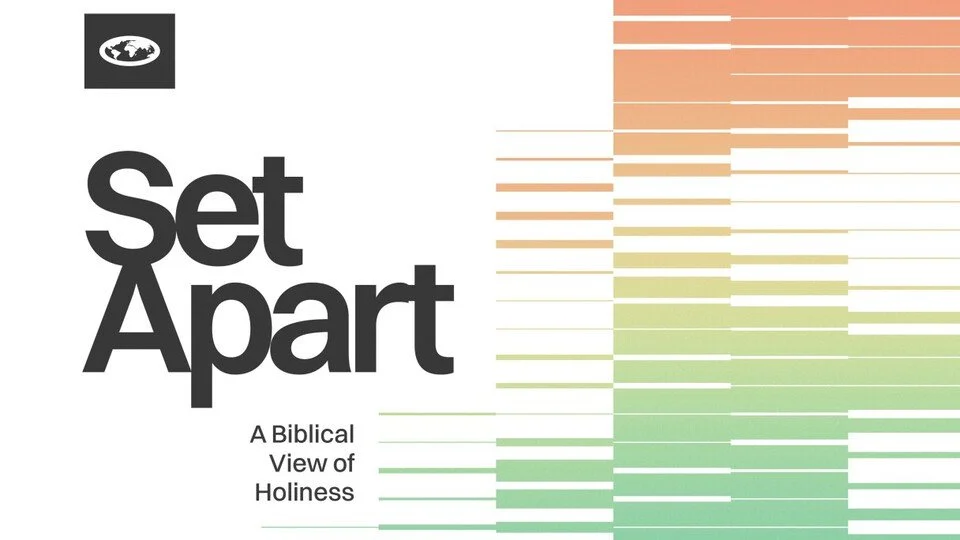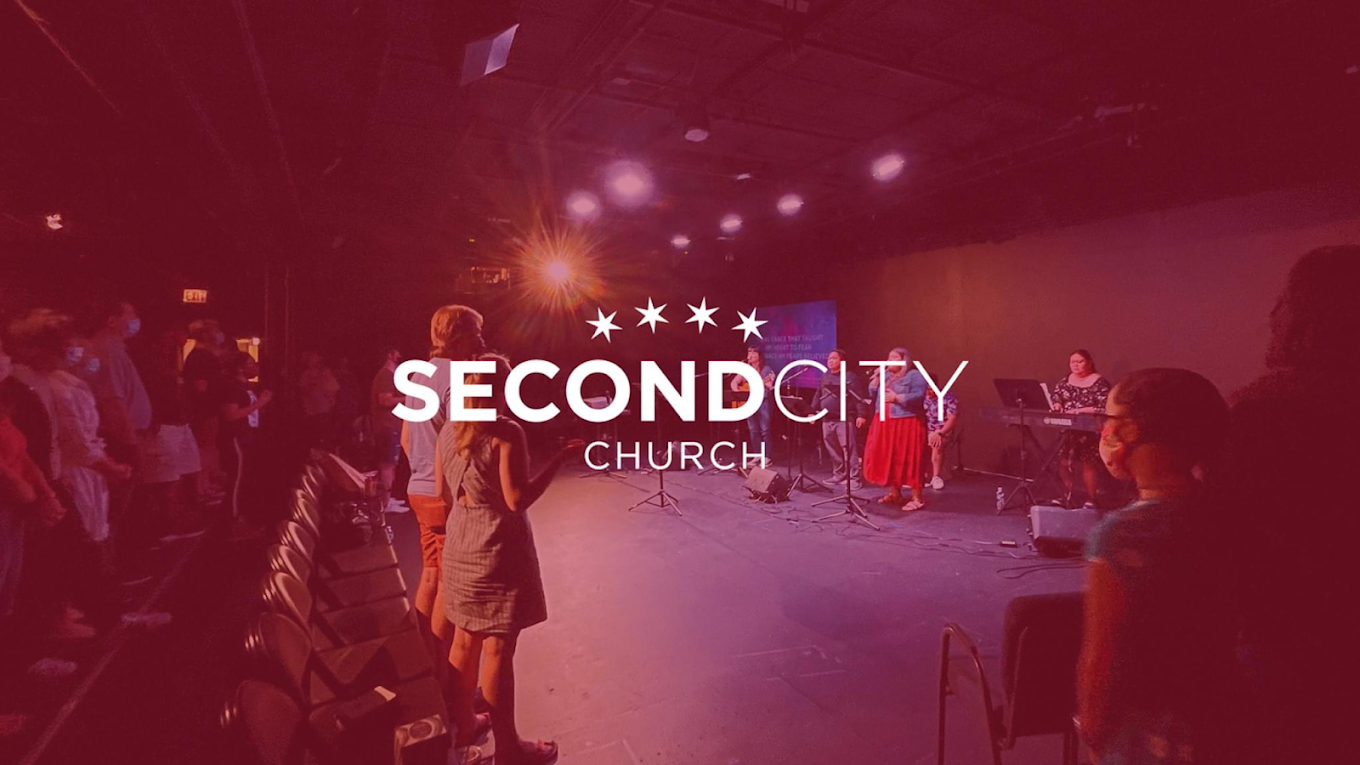Choose Your Reward: Praise and Pain
Pastor Rollan Fisher
Focus: Praise from God is greater than praise from people and comes with an enduring reward.
Tell Me That I Matter
Love of Praise
Praise from God
Tell Me That I Matter
We all want to feel like we matter in life - we need to get that affirmation from God.
Luke 14:25-35 ESV
”Now great crowds accompanied him, and he turned and said to them, "If anyone comes to me and does not hate his own father and mother and wife and children and brothers and sisters, yes, and even his own life, he cannot be my disciple. Whoever does not bear his own cross and come after me cannot be my disciple. For which of you, desiring to build a tower, does not first sit down and count the cost, whether he has enough to complete it? Otherwise, when he has laid a foundation and is not able to finish, all who see it begin to mock him, saying, 'This man began to build and was not able to finish.' Or what king, going out to encounter another king in war, will not sit down first and deliberate whether he is able with ten thousand to meet him who comes against him with twenty thousand? And if not, while the other is yet a great way off, he sends a delegation and asks for terms of peace. So therefore, any one of you who does not renounce all that he has cannot be my disciple. "Salt is good, but if salt has lost its taste, how shall its saltiness be restored? It is of no use either for the soil or for the manure pile. It is thrown away. He who has ears to hear, let him hear."“
When I love God first and well, I am better able to love the other important relationships in my life - whether they be parents, spouses, children or friends.
When we allow God to maintain the preeminent, right place in our lives, it allows us to order every other relationship and decision that follows well.
Seeking affirmation is not a bad thing - as long as it is for the right reason and from the right source.
Why is this difficult at times?
https://m.youtube.com/watch?v=_ONMJFkuXBo
1:54-4:32
Having affirmation from God who does not change allows you stability in life.
It allows you to prioritize healthy Kingdom choices and make difficult decisions amidst people who do change.
Whose praise do you covet the most in life?
What will you do to get it?
What are you willing to do to keep it?
If your highest value in life is not praise from God, it will lead you to compromise and sin.
Living for the praise of God alone provides certainty, security and stability in your soul (your mind, will and emotions).
It is your access to what we so desperately crave - which is the fruit of the Holy Spirit of joy and peace.
Love of Praise
What we think that praise will bring us is peace - but it will only bring us peace if it is coming from the right source.
This is why loss of a loved one can be so difficult, because in them we found, at least temporarily, a source of love, acceptance and a perceived peace.
Melancholy by Albert György in Geneva, Switzerland
This is what grief is.
A hole ripped through the very fabric of your being.
The hole eventually heals along the jagged edges that remain. It may even shrink in size.
But that hole will always be there.
A piece of you always missing.
For where there is deep grief, there was great love.
Don’t be ashamed of your grief.
Don’t judge it.
Don’t suppress it.
Don’t rush it.
Rather, acknowledge it.
Lean into it.
Listen to it.
Feel it.
Sit with it.
Sit with the pain. And remember the love.
This is where the healing will begin.
Monica Bobbit
Yet is there peace beyond the temporal?
When we set our focus on Jesus, it leads to a lasting, eternal joy and peace.
Isaiah 26:3-4 ESV
”You keep him in perfect peace whose mind is stayed on you, because he trusts in you. Trust in the Lord forever, for the Lord God is an everlasting rock.“
What does it say about your state when you live for other people’s praise?
What does it say about you when you live for God’s praise?
Living for God’s praise alone does not mean that you have the right to pendulum swing to being a jerk, an independent or an isolationist.
It means that you love people well when you’ve been grounded in the palpable, enduring love that God has for you.
Praise from God
Desiring praise from God is what led Jesus to the cross and ultimately to our hope of resurrection life.
John 5:30-47 ESV
”"I can do nothing on my own. As I hear, I judge, and my judgment is just, because I seek not my own will but the will of him who sent me. If I alone bear witness about myself, my testimony is not true. There is another who bears witness about me, and I know that the testimony that he bears about me is true. You sent to John, and he has borne witness to the truth. Not that the testimony that I receive is from man, but I say these things so that you may be saved. He was a burning and shining lamp, and you were willing to rejoice for a while in his light. But the testimony that I have is greater than that of John. For the works that the Father has given me to accomplish, the very works that I am doing, bear witness about me that the Father has sent me. And the Father who sent me has himself borne witness about me. His voice you have never heard, his form you have never seen, and you do not have his word abiding in you, for you do not believe the one whom he has sent. You search the Scriptures because you think that in them you have eternal life; and it is they that bear witness about me, yet you refuse to come to me that you may have life. I do not receive glory from people. But I know that you do not have the love of God within you. I have come in my Father's name, and you do not receive me. If another comes in his own name, you will receive him. How can you believe, when you receive glory from one another and do not seek the glory that comes from the only God? Do not think that I will accuse you to the Father. There is one who accuses you: Moses, on whom you have set your hope. For if you believed Moses, you would believe me; for he wrote of me. But if you do not believe his writings, how will you believe my words?"“
God will ultimately test the motives of our hearts.
Proverbs 16:2
”All a person’s ways seem pure to them, but motives are weighed by the Lord.“
What we see in Jesus is that something had to die that we might actually live.
In your personal life:
What is it that needs to die in your life, that has a death grip on you, that you might actually live?
In terms of our call to make disciples:
To what are you willing to die so that others might actually live?
Your reputation?
Your free time?
Being able to do all that you want with your money?
Your feelings of acceptance from those who might not love God but whom God loves?
Because Jesus lived for the praise of the Father alone, he was able to live sinlessly, perform miracles, die sacrificially at the cross for our sins and rise victoriously from the dead so that we might have new life in him.
Let us turn from putting our hope in anyone or anything else above Jesus to make us healthy, happy or whole.
Let us live for the praise of God alone to know him, experience his freedom and make him known offering the life that is truly life to others through the gospel.
In doing so, we will be both free and motivated to obey this life-giving command:
Colossians 3:23-24 NIV
23 Whatever you do, work at it with all your heart, as working for the Lord, not for human masters, 24 since you know that you will receive an inheritance from the Lord as a reward. It is the Lord Christ you are serving.
Second City Church - Pastor Rollan Fisher











































